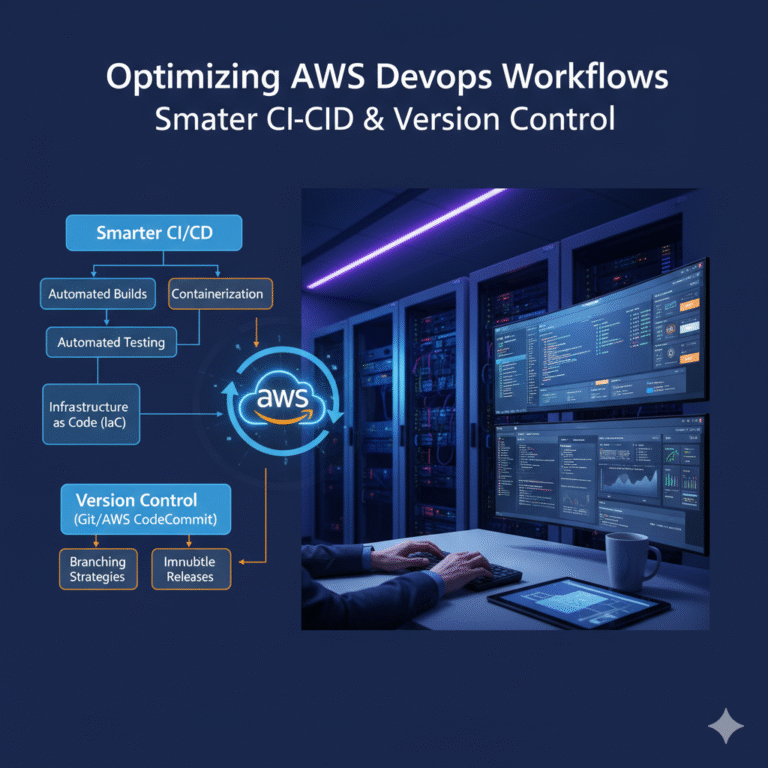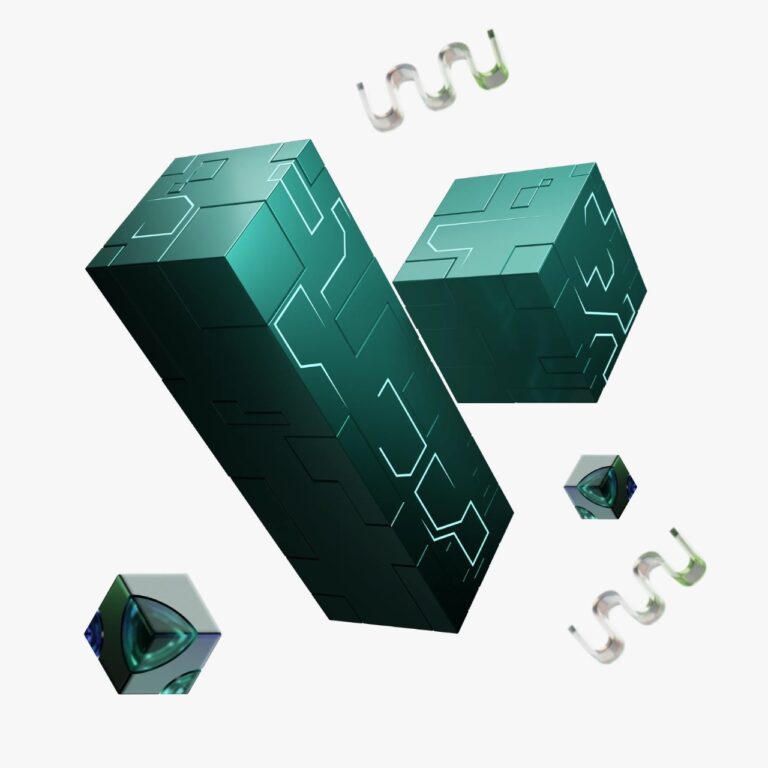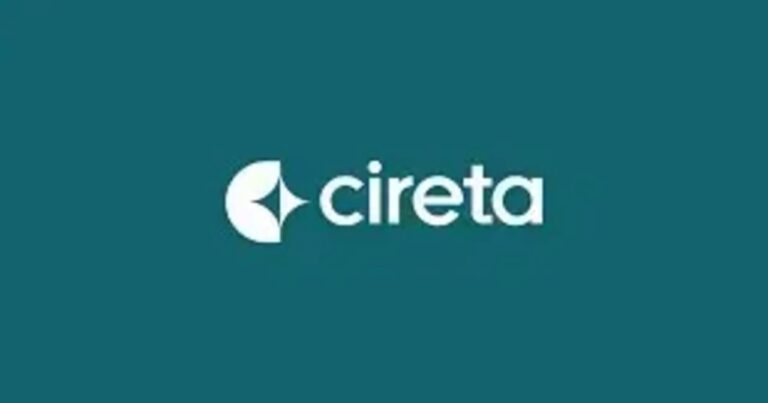
The rapid growth of blockchain technology and decentralized ecosystems has ushered in a new era for digital assets. Among these, Non-Fungible Tokens (NFTs) have emerged as a revolutionary component, fundamentally reshaping how art, collectibles, gaming assets, and other unique digital items are traded. As the NFT market expands, the need for efficient, user-friendly, and comprehensive trading platforms has become critical. This is where NFT aggregator marketplace development is playing a transformative role, streamlining the buying, selling, and trading of NFTs while offering unprecedented convenience and accessibility.
Understanding NFT Aggregator Marketplaces
An NFT aggregator marketplace is a platform that consolidates NFTs from multiple marketplaces and protocols into a single interface. Unlike traditional NFT marketplaces that operate independently, NFT aggregators provide users with a unified browsing, purchasing, and selling experience. By integrating data and listings from various sources, these platforms enable collectors, investors, and enthusiasts to discover a wider variety of NFTs without navigating multiple marketplaces.
The development of NFT aggregator marketplaces involves several critical components, including smart contract integration, cross-chain compatibility, seamless user interfaces, and secure transaction processing. This type of development is not only technical but strategic, aiming to create platforms that address the fragmented nature of the NFT ecosystem.
Addressing Market Fragmentation
One of the key challenges in the NFT industry is fragmentation. NFTs exist on different blockchains such as Ethereum, Solana, Polygon, and Binance Smart Chain. Each blockchain has its own set of marketplaces, each with varying standards, fees, and functionalities. For collectors or investors interested in exploring multiple ecosystems, this fragmentation often leads to inefficiencies, confusion, and missed opportunities.
NFT aggregator marketplaces mitigate this issue by integrating multiple marketplaces into a single platform. Users can explore NFTs across different chains, compare prices, and execute trades without needing to switch platforms constantly. This consolidation fosters a more inclusive and efficient marketplace environment, encouraging broader adoption and engagement with NFTs.
Enhancing Liquidity and Market Efficiency
Liquidity is crucial for any trading ecosystem. Traditional NFT marketplaces sometimes struggle with liquidity due to the limited visibility of individual assets. By aggregating NFTs from multiple sources, NFT aggregator marketplaces enhance market depth and improve liquidity. Higher liquidity, in turn, benefits both buyers and sellers by facilitating faster transactions and more competitive pricing.
Market efficiency is also improved as NFT aggregators provide real-time data on asset availability, pricing trends, and historical sales. Advanced analytics and search functionalities allow users to make informed decisions, thereby reducing market inefficiencies and promoting fair valuation of digital assets.
Improving User Experience
User experience is at the heart of NFT aggregator marketplace development. Many NFT marketplaces are designed for tech-savvy users who are familiar with blockchain transactions and digital wallets. However, the broader adoption of NFTs requires platforms that are intuitive and accessible to newcomers.
NFT aggregator marketplaces focus on simplifying the user journey. Features such as one-click wallet connections, consolidated asset management, integrated purchase options, and cross-chain browsing enable users to navigate the NFT ecosystem with ease. A well-designed aggregator marketplace reduces friction, enhances user satisfaction, and encourages long-term engagement.
Driving Cross-Chain Innovation
The growth of multiple blockchain networks has led to innovation but also presents interoperability challenges. NFTs minted on one blockchain often cannot be directly traded or accessed on another. NFT aggregator marketplace development addresses this limitation through cross-chain integration, enabling users to interact with NFTs across different blockchains seamlessly.
Cross-chain functionality not only expands the available inventory but also encourages collaboration among blockchain ecosystems. Developers can implement bridging solutions, wrapped tokens, and smart contract interoperability to create a cohesive trading environment. This fosters innovation and accelerates the evolution of a truly decentralized NFT ecosystem.
Facilitating Advanced Analytics and Discovery
NFT aggregator marketplaces are not merely trading platforms; they are also powerful tools for discovery and analysis. By compiling data from multiple marketplaces, aggregators can provide users with comprehensive insights into NFT trends, market sentiment, and investment opportunities. Features like trending collections, price history charts, and rarity indexes enable collectors and investors to make data-driven decisions.
Moreover, advanced filtering and recommendation algorithms enhance asset discovery. Users can explore NFTs based on categories, creators, popularity, and other criteria, which helps uncover high-potential assets that may be overlooked in individual marketplaces. This analytical approach empowers users to navigate the rapidly growing NFT space more strategically.
Boosting NFT Market Adoption
NFT aggregator marketplaces play a pivotal role in driving mainstream adoption. By offering a centralized platform for discovering, comparing, and trading NFTs, they make digital asset trading more accessible to non-expert users. Simplified onboarding, educational resources, and intuitive interfaces reduce the learning curve associated with blockchain and NFT technology.
As adoption grows, the NFT market becomes more robust and sustainable. Aggregator marketplaces act as gateways for new participants, enabling a diverse range of collectors, investors, gamers, and creators to engage with digital assets. This inclusivity is essential for building long-term value in the NFT ecosystem.
Supporting NFT Creators and Artists
NFT aggregator marketplaces also benefit creators by expanding their reach and visibility. Independent artists and creators often face challenges in promoting their work across fragmented marketplaces. Aggregators consolidate their listings, making it easier for potential buyers to discover their creations.
Additionally, some aggregator marketplaces provide creators with tools for analytics, marketing, and community engagement. This helps artists understand market trends, optimize pricing, and cultivate a loyal following. By supporting creators, NFT aggregator marketplaces contribute to a vibrant and sustainable digital art ecosystem.
Integration with DeFi and Other Blockchain Services
The intersection of NFTs and decentralized finance (DeFi) presents new opportunities for NFT aggregator marketplaces. Platforms can integrate lending, staking, and fractional ownership services, allowing users to leverage NFTs as collateral or invest in high-value assets through tokenized shares. This integration expands the utility of NFTs beyond collectibles, transforming them into financial instruments that participate in broader blockchain ecosystems.
By bridging NFTs with DeFi and other blockchain services, aggregator marketplaces foster a more dynamic and interconnected ecosystem. This not only increases user engagement but also attracts institutional interest and investment in NFTs, further solidifying their role in the digital economy.
Challenges in NFT Aggregator Marketplace Development
While the potential of NFT aggregator marketplaces is significant, the development of such platforms is not without challenges. Key issues include:
-
Smart Contract Complexity: Aggregating NFTs across multiple blockchains requires sophisticated smart contracts capable of handling diverse standards and transactions securely.
-
Data Integration: Consolidating listings from different marketplaces and ensuring real-time updates demand robust data management and API integration.
-
Security and Compliance: NFT marketplaces are susceptible to fraud, hacking, and regulatory scrutiny. Developers must implement rigorous security protocols and comply with relevant regulations.
-
Scalability: Handling high volumes of transactions and user activity without compromising performance requires scalable architecture and infrastructure.
Addressing these challenges requires technical expertise, strategic planning, and ongoing innovation. Successful NFT aggregator marketplaces combine cutting-edge technology with user-centric design to create a secure and seamless trading environment.
The Future of NFT Trading
The development of NFT aggregator marketplaces is setting the stage for the next phase of digital asset trading. As platforms become more sophisticated, we can expect:
-
Greater Interoperability: Seamless cross-chain trading and integration with multiple blockchain networks.
-
Enhanced Liquidity: Consolidation of assets leading to deeper markets and more efficient price discovery.
-
Data-Driven Insights: Advanced analytics providing actionable insights for both collectors and investors.
-
Mainstream Adoption: User-friendly platforms attracting non-expert users and expanding the NFT ecosystem.
-
Financialization of NFTs: Integration with DeFi enabling innovative financial products and investment opportunities.
These developments signal a future where NFT trading is more efficient, accessible, and interconnected. Aggregator marketplaces will play a central role in shaping this landscape, transforming NFTs from niche collectibles into mainstream digital assets with significant economic and cultural impact.
Conclusion
NFT aggregator marketplace development is fundamentally transforming the future of digital asset trading. By addressing fragmentation, improving liquidity, enhancing user experience, and supporting creators, these platforms are redefining how NFTs are discovered, traded, and valued. The integration of cross-chain capabilities, advanced analytics, and DeFi services further amplifies their impact, positioning aggregator marketplaces as essential hubs for the evolving NFT ecosystem.
As the NFT market continues to mature, the role of aggregator marketplaces will only grow in importance. They provide a unified, efficient, and accessible platform for both new and experienced participants, bridging the gap between multiple marketplaces and blockchain networks. By simplifying transactions, fostering transparency, and enabling strategic investment, NFT aggregator marketplaces are setting the stage for a more dynamic and inclusive digital economy.
In the years to come, the continued innovation and adoption of NFT aggregator marketplaces will not only drive the growth of the NFT market but also redefine the broader landscape of digital asset trading. For collectors, investors, and creators alike, these platforms represent the future of how unique digital assets are valued, traded, and experienced. The transformation is underway, and NFT aggregator marketplaces are at the forefront of this digital revolution, shaping a more connected, efficient, and vibrant NFT ecosystem.



